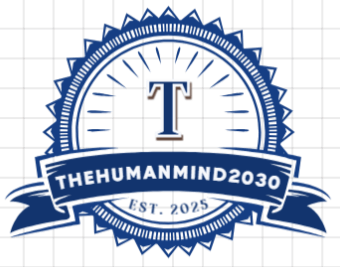Experimental Psychology Studies Humans and Animals

Experimental psychologists use empirical research methods to explore and better understand behavior.
Understanding Experimental Psychology
Our personalities, and to some degree our life experiences, are defined by the way we behave. But what influences the way we behave in the first place? How does our behavior shape our experiences throughout our lives?
Experimental psychologists are interested in exploring theoretical questions, often by creating a hypothesis and then setting out to prove or disprove it through experimentation. They study a wide range of behavioral topics among humans and animals, including sensation, perception, attention, memory, cognition and emotion.
Experimental Psychology Applied
Experimental psychologists use scientific methods to collect data and perform research. Often, their work builds, one study at a time, to a larger finding or conclusion. Some researchers have devoted their entire career to answering one complex research question.
These psychologists work in a variety of settings, including universities, research centers, government agencies and private businesses. The focus of their research is as varied as the settings in which they work. Often, personal interest and educational background will influence the research questions they choose to explore.
In a sense, all psychologists can be considered experimental psychologists since research is the foundation of the discipline, and many psychologists split their professional focus among research, patient care, teaching or program administration. Experimental psychologists, however, often devote their full attention to research — its design, execution, analysis and dissemination.
Those focusing their careers specifically on experimental psychology contribute work across subfields. For example, they use scientific research to provide insights that improve teaching and learning, create safer workplaces and transportation systems, improve substance abuse treatment programs and promote healthy child development.
